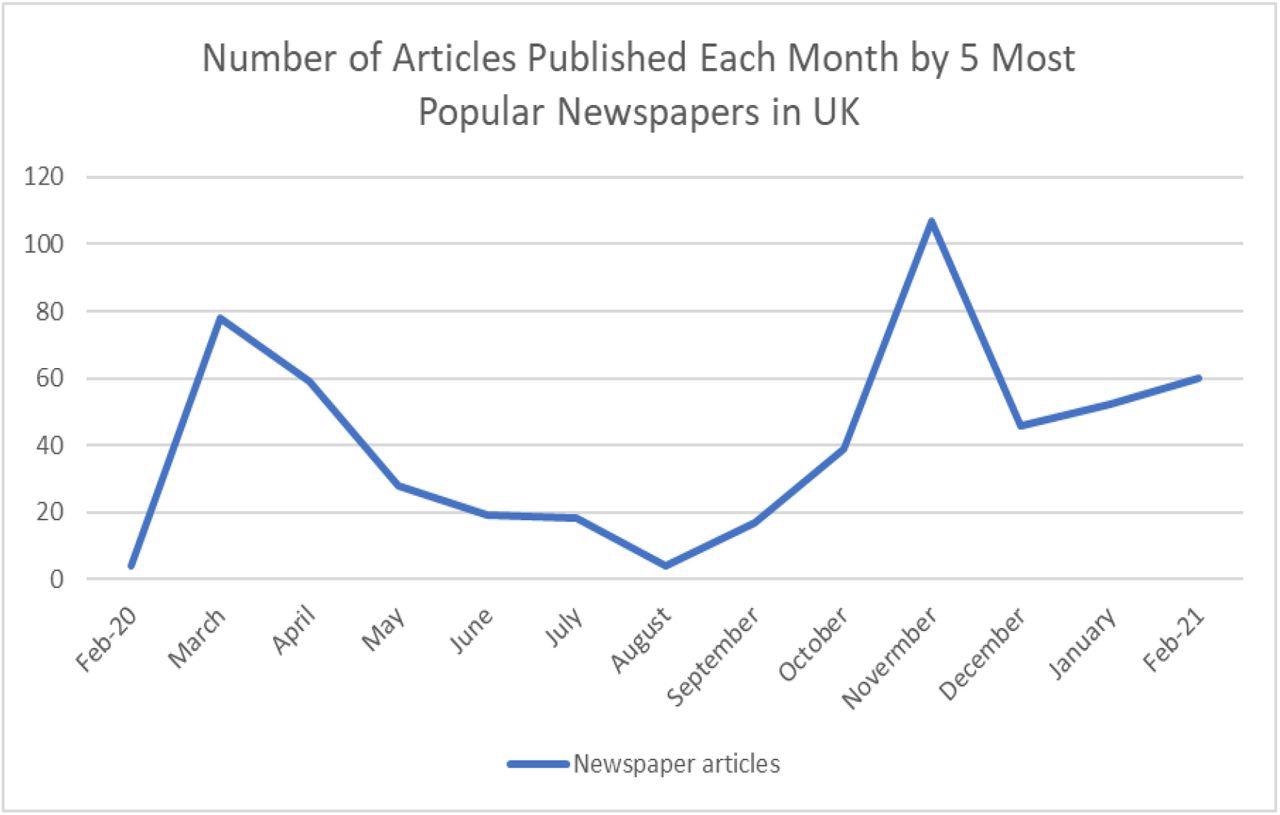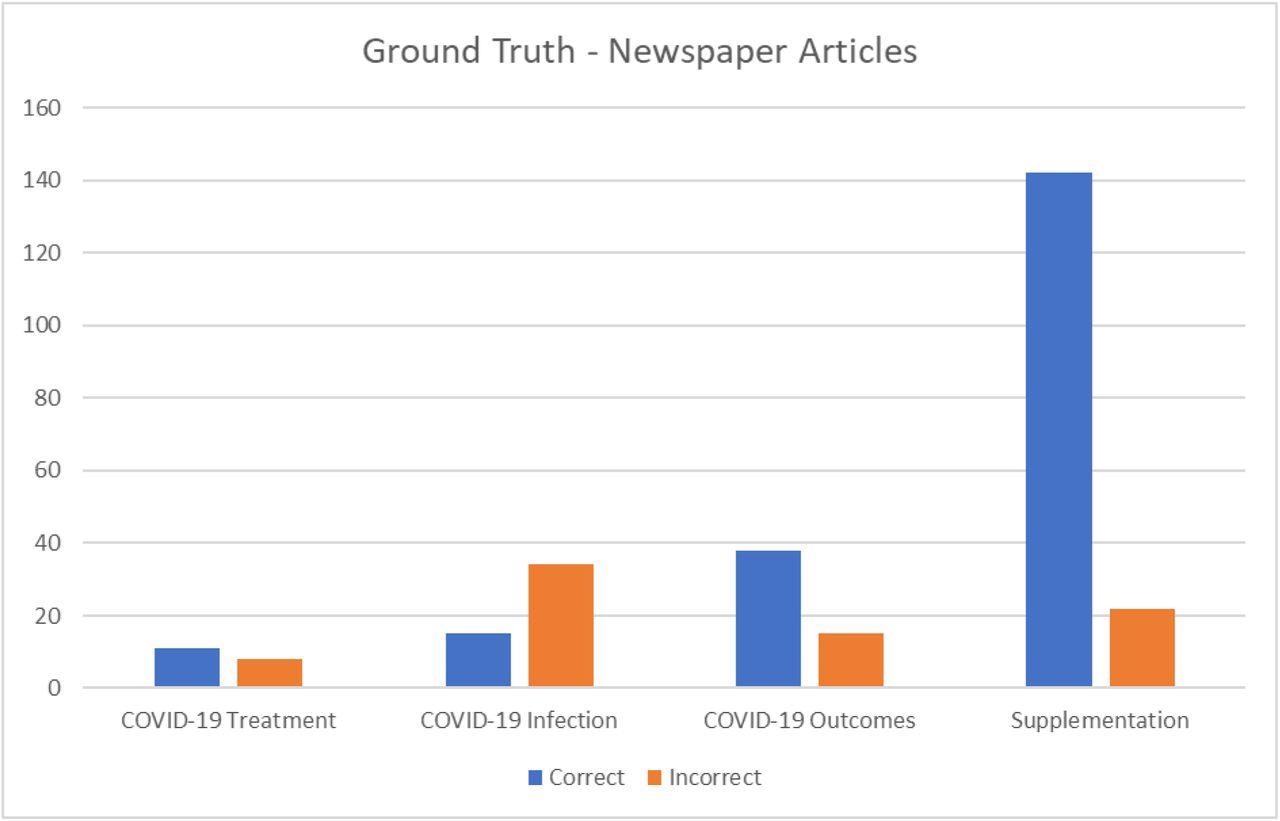The ongoing coronavirus disease 2019 (COVID-19) pandemic, which was caused by the severe acute respiratory syndrome coronavirus 2 (SARS-CoV-2), has remained of significant global concern. As a result, several sectors have been targeted for the development of therapeutics to slow the rate of infection. One such modifiable lifestyle intervention is dietary vitamin D.

 This news article was a review of a preliminary scientific report that had not undergone peer-review at the time of publication. Since its initial publication, the scientific report has now been peer reviewed and accepted for publication in a Scientific Journal. Links to the preliminary and peer-reviewed reports are available in the Sources section at the bottom of this article. View Sources
This news article was a review of a preliminary scientific report that had not undergone peer-review at the time of publication. Since its initial publication, the scientific report has now been peer reviewed and accepted for publication in a Scientific Journal. Links to the preliminary and peer-reviewed reports are available in the Sources section at the bottom of this article. View Sources
Background
The association of low serum concentration of 25(OH)D with increased susceptibility to acute respiratory tract infections has been the basis of scientific debate on the potential relationship of vitamin D with COVID-19. Additionally, effector mechanisms such as the induction of autophagy and synthesis of reactive nitrogen and oxygen intermediates are reported to be initiated by vitamin D metabolites. Therefore, it can be suggested that vitamin D provides the host protection against respiratory pathogens, including SARS-CoV-2 infections.
Moreover, several risk factors that are associated with poor COVID-19 outcomes are similar to those related to vitamin D deficiency. However other risk factors must be considered before concluding the relationship between COVID-19 and vitamin D.
An evidence-based rapid review by the National Institute for Health and Care Excellence (NICE) in collaboration with Public Health England and the Scientific Advisory Committee on Nutrition urged that all members of the public take vitamin D supplements for the maintenance of bone and muscle health in the United Kingdom.
Furthermore, previous research has indicated that media plays a vital role in the distribution of information to the public. Since the level of direct knowledge and personal experience regarding the COVID-19 pandemic is low, the public is dependent on the media for information.
A new study published on the preprint server medRxiv* investigates the relationship between COVID-19 and vitamin D that has been presented in traditional media sources like U.K. newspapers. The study also assessed the level of misinformation by comparing the content of newspaper articles to the evidence-based guidelines from the NICE report.
About the study
The current study involved the collection of data from the five most popular newspapers including The Mirror, The Sun, The Daily Mail and Mail on Sunday, Metro, and Express Online in the U.K. from February 2020 to February 2021. The keywords “covid” and “vitamin D” were used to search for the published articles.
Thereafter, inductive thematic analysis was used to determine the relationship between COVID-19 and vitamin D that was presented in the newspaper articles.

Number of Articles published by the five most popular newspapers in the UK containing the keywords “vitamin D” and “COVID” over 1 year of publications. Retrieved 13/4/21.
Study findings
The results indicated that the articles published in the newspapers with the keywords “vitamin D” and “COVID” declined from March to August followed by an increase and peak in November. The majority of the articles were published in Express Online as compared to the other four newspapers.
Most of the articles reported that vitamin D was associated with COVID-19, with many articles quoting ‘scientists’ as their source. Notably, some articles focused on the importance of following government guidelines to control infection.
Most of the media coverage on the relationship of vitamin D with COVID-19 outcomes was based on findings from published research. Some articles reported a causal link, while others indicated the need for further research. Furthermore, opinions regarding the use of vitamin D as a treatment of COVID-19 also varied.

‘Correct’ vs ‘Incorrect’ opinions from newspaper articles.
The articles reported the claims made by MPs to be inaccurate. The level of vitamin D was reported to fall during periods of lockdown, with many articles recommending a daily dose of vitamin D.
Few groups were reported to be at a higher risk of vitamin D deficiency due to several factors and the deficiency was prevalent throughout the year depending on the season. Besides its association with COVID-19, vitamin D was reported to play a major role in the maintenance of general health.
The naturally occurring dietary sources of vitamin D were reported to be limited. Exposure to sunlight was reported to be the major source of vitamin D for people in the U.K., as well as throughout the world. However, too much sunlight is harmful and can lead to cancer. Vitamin D supplements were also advised; however, the dose must not be over 10 micrograms (µg).
Conclusions
Taken together, the current study indicated that most of the information regarding the association between vitamin D and COVID-19 was correctly published in the newspapers in the U.K. The public must be well informed regarding COVID-19 preventive measures, as they can help to avoid the disease.
Further research must focus on the accuracy of information spread by the traditional media. In the case of misinformation, journalistic integrity must be improved across all media outlets.
Limitations
Since most of the vitamin D and COVID-19-related articles occurred in one newspaper, the data can be skewed.

 This news article was a review of a preliminary scientific report that had not undergone peer-review at the time of publication. Since its initial publication, the scientific report has now been peer reviewed and accepted for publication in a Scientific Journal. Links to the preliminary and peer-reviewed reports are available in the Sources section at the bottom of this article. View Sources
This news article was a review of a preliminary scientific report that had not undergone peer-review at the time of publication. Since its initial publication, the scientific report has now been peer reviewed and accepted for publication in a Scientific Journal. Links to the preliminary and peer-reviewed reports are available in the Sources section at the bottom of this article. View Sources
Journal references:
- Preliminary scientific report.
Mavroeidi, A., Innes, R., Miyake, E., & Pennington, D. (2022). A year in the public life of COVID-19 and Vitamin D: Representation in UK news media and implications for health communications. medRxiv. doi:10.1101/2022.04.13.22273832. https://www.medrxiv.org/content/10.1101/2022.04.13.22273832v1.
- Peer reviewed and published scientific report.
Innes, R., E. Miyake, D. Pennington, and A. Mavroeidi. 2022. “A Year in the Public Life of COVID-19 and Vitamin D: Representation in UK News and Social Media and Implications for Future Health Communications.” Proceedings of the Nutrition Society 81 (OCE3): E76. https://doi.org/10.1017/S002966512200101X. https://www.cambridge.org/core/journals/proceedings-of-the-nutrition-society/article/year-in-the-public-life-of-covid19-and-vitamin-d-representation-in-uk-news-and-social-media-and-implications-for-future-health-communications/89D19300B7FBEC7FAB29ED44097D8B64.